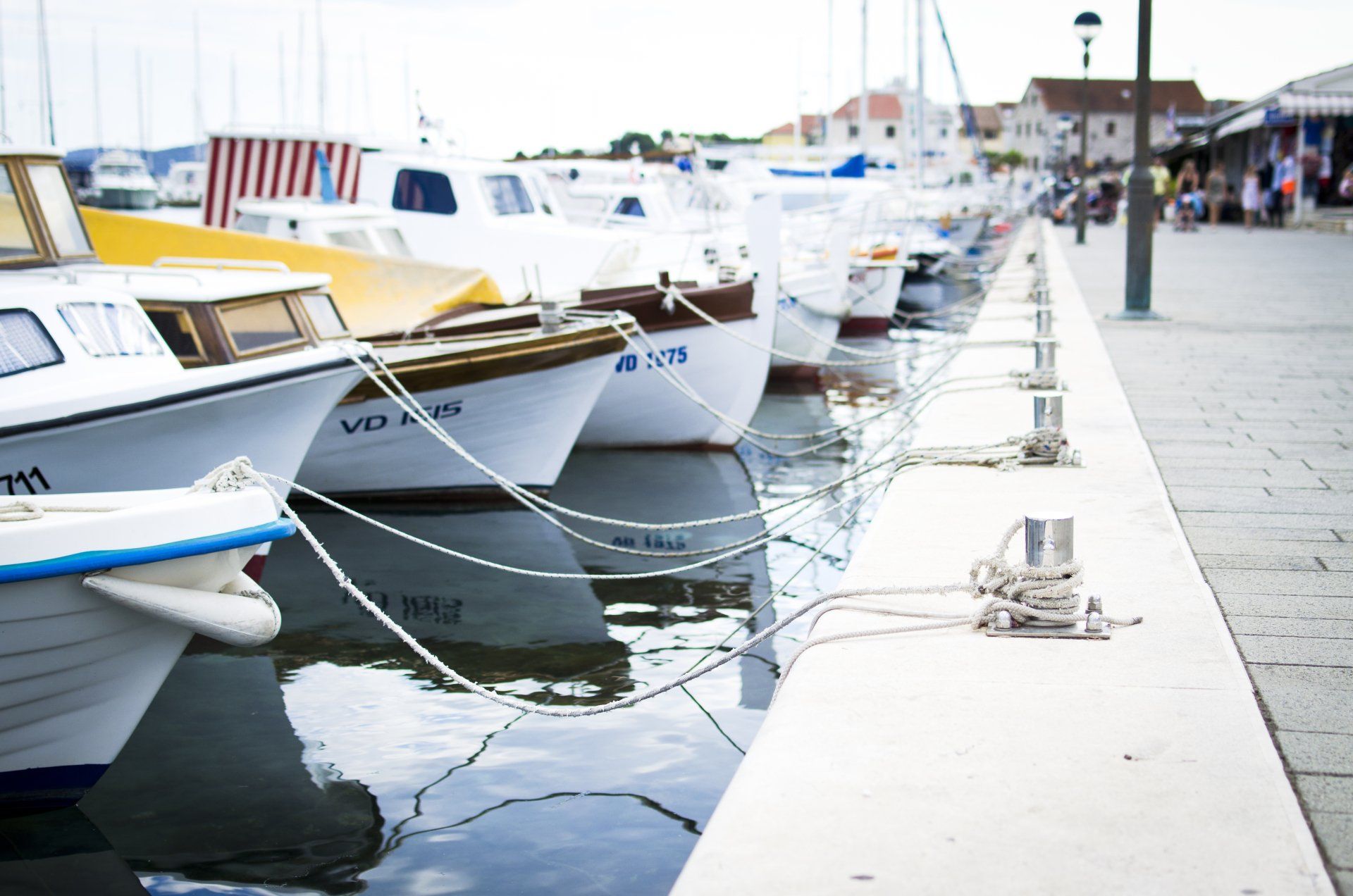The Maritime Attorney
Other Attorneys Recommend
Discovery Bay Reckless Operator: Maritime Law, Not State Law Best Path For Punitive Damages Award

Recently, June 2025, an apparently drugged-out operator dangerously drove a cabin cruiser into a marina at Discovery Bay, California, striking a paddle surfer and causing damage to several moored vessels. Judging from the video, the vessel was doing about 25 miles per hour in a 5-mile per hour zone, throwing a nasty wake.
Because the conduct occurred upon navigable waters, claimants have the option of suing in either Federal Court, which has jurisdiction pursuant to 28 U.S.C., §1333 or suing in the Superior Court for Contra Costa County pursuant to California Civil Code, §1714. Suing in state court would be the better choice because:
- the claimant, now plaintiff, can use maritime law (Kermarec v. Compagnie Generale Transatlantique, 358 U.S. 625 (1959); followed, DeRoche v. Commodore Cruise Line, Ltd., (1994)31 Cal. App. 4th 802, 807.) and have the right to trial by jury; whereas, filing in federal court would allow the defense to argue that the suit is one falling under admiralty laws (a subdivision of maritime law), and there is no right to a jury in admiralty law. (The Seventh Amendment to the United States Constitution only guarantees a jury trial in matters of common law, which admiralty law is not.)
- The California law standard to prove the right to punitive damage award is much stricter than maritime law. The California standard is, “ . . . [proof] by clear and convincing evidence that the defendant has been guilty of oppression, fraud, or malice . . .”; whereas, the maritime standard is, “ . . . punitive damages are allowable under federal maritime law and are awarded under a preponderance of the evidence standard of proof. (See In re Exxon Valdez 270 F.3d 1215, 1226, 1232(9th Cir. 2001)” quoted by Colombo v. BRP US Inc. (2014), 230 Cal. App. 4th 1442, 1456. The Columbo Court further explains:
an award of punitive damages under federal maritime law can be based on mere reckless conduct or gross negligence. [Footnote 8] See, e.g., Exxon Shipping Co. v. Baker(2008) 554 U.S. 471, 493 [171 L. Ed. 2d 570, 128 S. Ct. 2605] (Exxon) [explaining an award of punitive damages in federal maritime cases may be based on mere reckless conduct that is worse than negligence, but “is not intentional or malicious, nor is it necessarily callous toward the risk of harming others, as opposed to unheedful of it”]
Columbo, at 1456.
Preponderance of evidence versus clear and convincing? Oppression, fraud, or malice versus mere reckless conduct or gross negligence? The choice is clear, Contra Costa Superior Court.
Recently Berschler Associates, PC convinced a set of reckless pleasure boat operators/owners to pay tens of thousands of dollars of their private money in addition to their insurance company paying all of the large policy in settlement, not in trial – in settlement. This result probably could not have been achieved by even the best non-maritime attorneys because they do not know the law and they do not know how to put convincing evidence and proper liability experts together to create a forceful, truthful, persuasive case.


